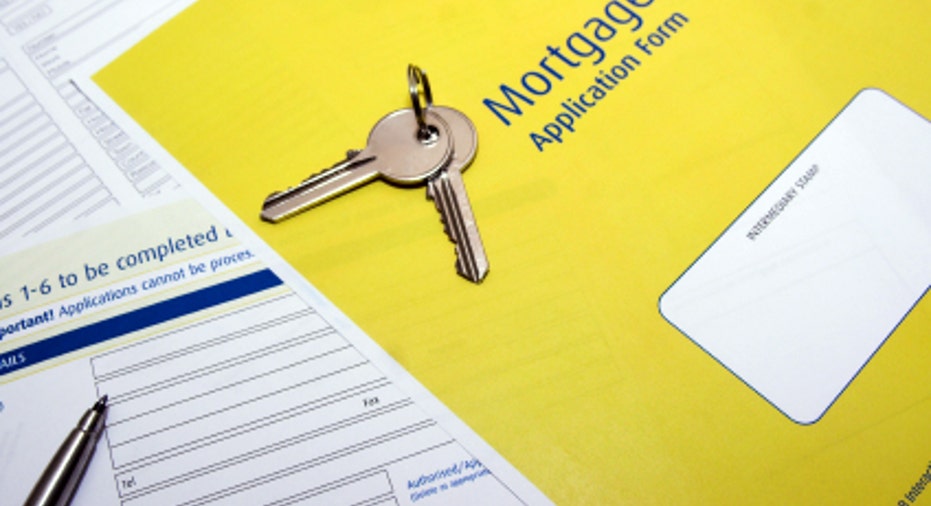Do You Qualify for Homebuyer Assistance?

State and local homebuyer programs are available to help qualified buyers with down payment assistance, low-interest mortgage loans and closing costs.
"There is a multitude of ways buyers can get down payment assistance or closing-cost help or even just homeowner counseling," says JoAnne Poole, who chairs the Housing Opportunities Committee for the National Association of Realtors.
Look for homebuyer programs by checking your state housing finance agency, local government website, the Department of Housing and Urban Development, and the website of the National Council of State Housing Agencies, or NCSHA.
Finding homebuyer assistance is up to you. "Consumers need to be proactive and ask about homebuyer programs because not all Realtors and lenders will know about them or think to bring them up," says Garth Rieman, director of housing advocacy and strategic initiatives for NCSHA.
On top of government programs, some faith-based organizations and employers offer counseling, grants and loans, says Poole, who is branch manager of Yerman Witman Gaines & Conklin Realty in Severn, Md. "No one person knows everything about every available program," she says. "Lenders and Realtors who work with a lot of first-time buyers can be a good resource since they try to keep up with all these programs."
Homebuyer assistance comes in a variety of forms, says Poole, including some nonrepayable grants, some second mortgages that do not have to be repaid until the buyers move or refinance, and some loans without any interest charges. She says individuals in certain professions, such as nurses, teachers or first responders, qualify for homebuyer assistance.
Homebuyer Program Benefits
State homebuyer programs typically provide access to low-interest mortgages with "reasonable underwriting standards, along with down payment assistance and closing-cost help," Rieman says. The programs often include all types of loans, including conventional mortgages as well as government-insured. Some programs offer "step-up" mortgages -- fixed-rate loans that have a discounted interest rate in the first two or three years.
As an example of a state program, the Virginia Housing Development Authority, or VHDA, offers buyers a low-interest 30-year fixed-rate home loan up to the maximum Federal Housing Administration loan limits.
"Besides offering a low-interest first loan, we offer a second mortgage of 3.5% to 5% of the sales price, depending on the borrower's credit score," says Michele Watson , director of homeownership programs for VHDA. "The homebuyers can use that second mortgage for their down payment and closing costs, which reduces the amount of cash they need to buy a home."
Homebuyer Program Qualifications
Many, but not all, homebuyer programs are limited to first-time homebuyers, defined by the federal government as any buyer who has not owned a home in the previous three years.
Many assistance programs strongly encourage homebuyer education or counseling as part of the homebuyer assistance package.
"We want borrowers to make an informed decision about whether to buy a home," Watson says. "We have a huge number of people who take the class and realize they are not ready to buy a home, but they have learned about the homebuying process and will be able to take steps to buy a home in the future."
Poole says most homebuyer programs require a minimum credit score of 630 or higher, but she says there are programs to work with people to raise their score to help them qualify. Rieman says most homebuyer programs try to work with borrowers who have credit scores in the upper 600s, but these programs are known for not having specific, strict guidelines.



















